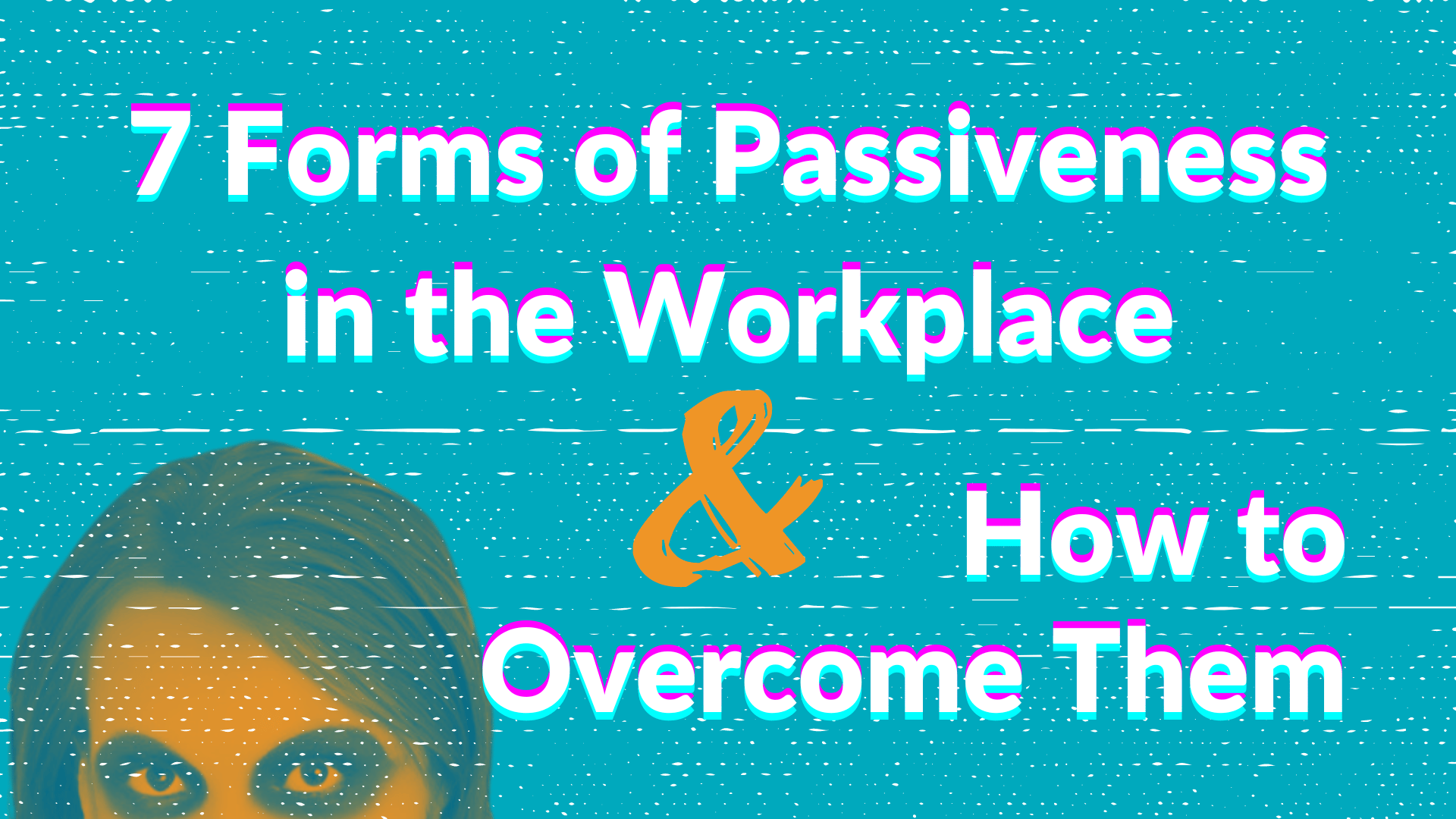Have you ever heard that feedback is a gift? It really is, though getting it isn’t always straightforward. People often hesitate to give feedback, worried about how it might be received. But feedback is crucial – it sharpens our communication skills and is vital for our growth, both personally and professionally. Actively seeking constructive feedback is key. Let me walk you through three practical tips for doing just that:
- Combine Affirming and Constructive Feedback: Let people know you’re open to hearing both positives and areas for improvement. For example, after giving a presentation, ask each attendee to provide one thing they liked and one suggestion. This approach encourages a more balanced and open exchange.
- Request Specific Feedback: General feedback requests like “any feedback for me?” can be too vague. Instead, ask pointed questions. If you’ve written an essay, inquire about specific aspects like the effectiveness of your quotes or the flow of your introduction. This specificity makes it easier for others to offer detailed and meaningful feedback.
- Accommodate Different Feedback Preferences: People vary in how they like to give feedback. Some prefer writing, others like surveys, while some are best with in-person discussions. By offering various options, you make it easier for everyone to provide their input. For instance, if you’re preparing for a big talk, consider a rehearsal for live feedback, a survey for those who prefer writing, and a video option for those who can’t attend.
With these strategies, you’re all set to seek out and make the most of feedback. To receive feedback sometimes requires you to be able to effectively ask for feedback.








Leave a Reply